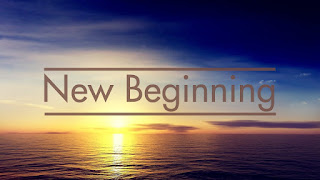Ready, Get Set, Write
Writing short pieces - say up to around 5000 words - is fairly straightforward. You can, in most cases, just start writing and keep going until you've said everything you wanted and then go back and edit for sense. If you've missed something out, you can slot it into the text. Or, if you've overdone a section - or the writing is bad or unnecesary - you have good friend in the delete button. Writing longer pieces is different. Having a lot to say will take time and effort - the two things a writer cannot afford to waste. So what's the best way to approach writing longer works? It's all about preparation. It's about knowing where you're going and having some idea of your destination. Some writers say they can't write using a plan - or even knowing what the ending is. They cite Stephen King - who says he doesn't know what the endings of his stories are going to be when he starts out. It's deliberate he says because he wants to write his ch...
